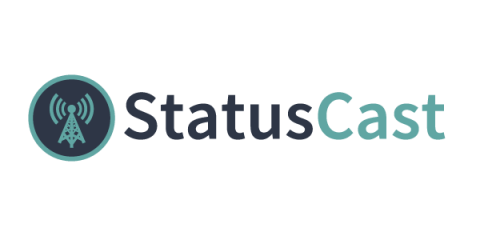Operations | Monitoring | ITSM | DevOps | Cloud
Incident Management
The latest News and Information on Incident Management, On-Call, Incident Response and related technologies.
What's New: Improvements to On-Call Schedule Exceptions
We’re excited to present a feature update to the OnPage platform. The new update will bring more flexibility and resiliency to a team’s on-call management workflow. With the new scheduling capabilities, OnPage system administrators can create exceptions to configured, recurring on-call schedules.
Phoenix Project: Sometimes you have to look back to look forward
It has been eight years since The Phoenix Project was published and a lot has changed since then! I started to think about what we’ve learned in that time. It starts with the theory of constraints. I still see it all the time. Organizations take actions which are merely temporary, putting out fires but not solving for the underlying causes of those fires.
Product Update: Blameless Chatbot Beautification
Mattermost Incident Collaboration now includes improved communication, automation, and history for incident response teams
Teams are always looking for a speed advantage, and that comes from planning, crisp execution, and teamwork. To this end, we’re excited to release new enhancements to Incident Collaboration to help make life easier for DevOps teams during incident response. The Mattermost platform includes built-in Incident Playbooks with predefined response plans and task lists. Playbooks can be customized to your environment and specific use cases.
Say goodbye to guessing: Introducing Automatic Incident Triage by BigPanda
Low MTTR is the much-desired nirvana-state in IT Operations. One of the most painful parts of the incident management lifecycle, which prevents the achievement of this nirvana, is triage: the time it takes first incident responders to determine the next action when facing a barrage of IT incidents. Why?
BigPanda Automatic Incident Triage
IT Incident Response is Improved with a Corporate Status Page
To understand the impact that stovepipes have on incident response, one need look no further than the 9/11 terrorist attacks that occurred in the United States. The CIA, DoD, and FBI all knew about the Al Qaeda terror threats before the planes hit the World Trade Center, but the 9/11 Commission found that a lack of data and intelligence sharing among the agencies limited each agency’s understanding of the looming terrorist threat; thereby, limiting their incident response.











